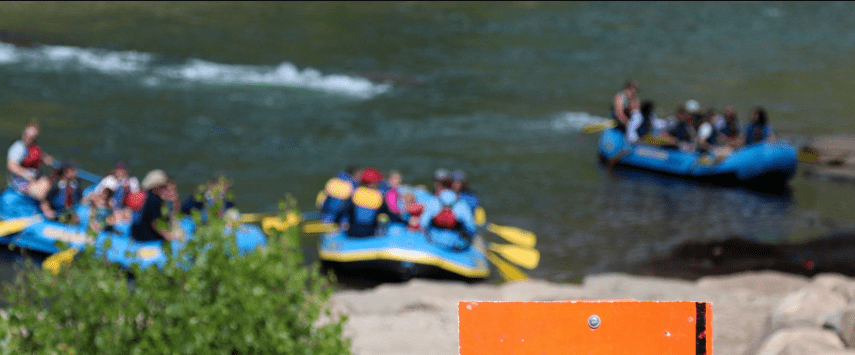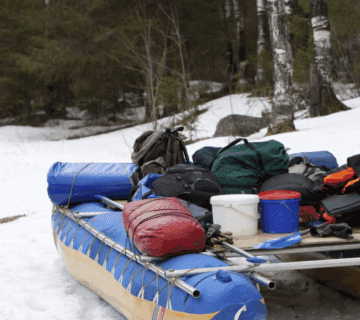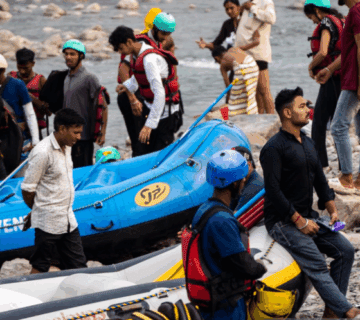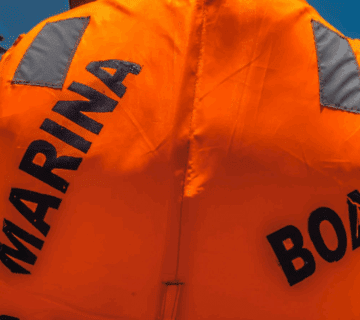How to Avoid Rafting Scams in East Africa: A Guide to Safe and Thrilling Adventures
East Africa is renowned for its breathtaking landscapes, diverse wildlife, and adrenaline-pumping activities—white-water rafting being one of the most exhilarating. Countries like Uganda, Kenya, Tanzania, and Rwanda offer world-class rafting experiences on rivers such as the Nile, Tana, and Zambezi. However, with the growing popularity of adventure tourism, scams targeting unsuspecting tourists have also increased. Learning how to avoid rafting scams in East Africa is crucial to ensure a safe, enjoyable, and memorable experience.
This guide provides essential tips to help you identify and steer clear of fraudulent operators while choosing a legitimate and professional rafting company.
Understanding the Risks: Common Rafting Scams in East Africa
Before diving into how to avoid rafting scams, it’s important to recognize the most common fraudulent practices in the industry:
Fake Tour Operators – Some companies advertise rafting trips online but disappear after receiving deposits, leaving travelers stranded.
Unlicensed Guides – Uncertified or inexperienced guides may offer cheaper trips but compromise safety.
Hidden Costs – Some operators lure customers with low prices but later add unexpected fees for equipment, transport, or permits.
Substandard Equipment – Fraudulent companies may use worn-out or poorly maintained gear, increasing the risk of accidents.
False Itineraries – Some scammers promise premium experiences but deliver subpar services or cut corners on agreed-upon routes.
By being aware of these scams, you can take proactive steps to protect yourself.
How to Avoid Rafting Scams: 10 Essential Tips
1. Research Extensively Before Booking
The first step in how to avoid rafting scams is thorough research. Look for:
Company reputation – Check reviews on TripAdvisor, Google, and travel forums.
Years in operation – Established companies are less likely to be scams.
Certifications – Legitimate operators are registered with tourism boards and have safety certifications.
2. Verify Licensing and Safety Standards
A reputable rafting company should:
Be licensed by national tourism authorities (e.g., Uganda Tourism Board, Kenya Wildlife Service).
Follow international safety standards (e.g., International Rafting Federation certifications).
Employ trained guides with first aid and rescue qualifications.
Always ask for proof of licensing before booking.
3. Avoid Unrealistically Cheap Deals
If a rafting package seems too good to be true, it probably is. Scammers often lure tourists with extremely low prices but deliver poor-quality services or disappear after payment. Compare prices across different operators to gauge reasonable rates.
4. Book Directly Through Official Websites or Reputable Agents
To avoid rafting scams, always book through:
The company’s official website (check for secure payment options).
Trusted travel agencies with verified partnerships.
Avoid random social media ads or unverified third-party sellers.
5. Insist on a Clear Contract
A legitimate operator will provide a written agreement detailing:
The exact itinerary.
Included services (transport, meals, equipment).
Cancellation and refund policies.
Emergency protocols.
Never pay a deposit without a formal contract.
6. Check the Quality of Equipment
Before embarking on your trip, inspect:
Life jackets (should be in good condition).
Helmets (must be sturdy and well-fitted).
Rafts (should be professional-grade, not makeshift).
If the gear looks old or damaged, it’s a red flag.
7. Communicate with Past Customers
Reach out to previous clients via online reviews or travel groups. Ask about:
Their overall experience.
Safety measures observed.
Any hidden charges encountered.
Firsthand feedback is invaluable in avoiding rafting scams.
8. Be Wary of Last-Minute Changes
Scammers often alter itineraries last minute, claiming “unforeseen circumstances.” If your agreed-upon plan changes drastically without valid reasons, consider it a warning sign.
9. Use Secure Payment Methods
Avoid cash payments to unknown individuals. Instead:
Use credit cards (offer fraud protection).
Pay via verified platforms like PayPal or bank transfers to official accounts.
Never share sensitive financial details over unsecured channels.
10. Trust Your Instincts
If something feels off—whether it’s pushy sales tactics, vague responses, or lack of transparency—walk away. Your safety is more important than a discounted adventure.
What to Do If You Fall Victim to a Rafting Scam
Despite precautions, scams can still happen. If you’ve been defrauded:
Report to Local Authorities – Contact the tourism police or national tourism board.
Notify Your Embassy – They can assist in legal and logistical support.
Leave Public Reviews – Warn other travelers by sharing your experience online.
Dispute Payments – If you paid via credit card, request a chargeback.
Stay Alert and Enjoy the Adventure
White-water rafting in East Africa should be an unforgettable adventure, not a nightmare. By following these steps on how to avoid rafting scams, you can confidently choose a trustworthy operator and focus on the thrill of the rapids.
Always prioritize safety, verify credentials, and trust reputable companies. With the right precautions, your East African rafting experience will be as exhilarating as it is secure.
Happy rafting—and stay scam-free!




